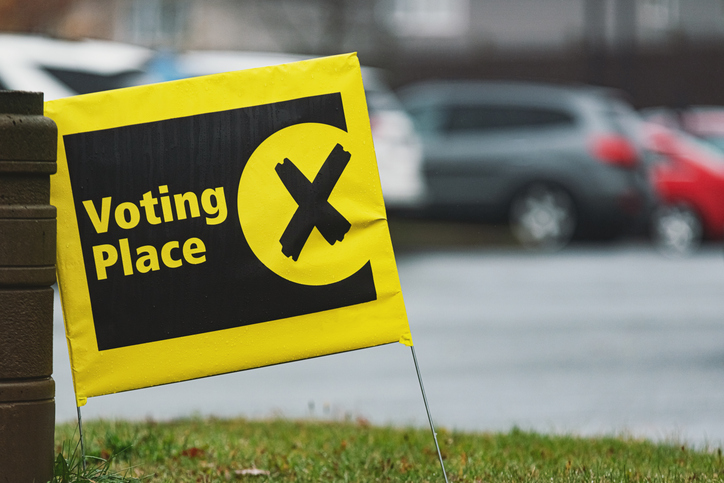Votes Still Being Counted In NC's 2024 Elections
Votes Still Being Counted In NC’s 2024 Elections; Race for NC Supreme Court Seat Still Too Close To Call.

Source: shaunl / Getty
Nearly two weeks after Election Day, the race for a seat on the NC Supreme Court is still too close to call as of Monday (Nov. 18).
As reported by WRAL, nearly all votes have been counted. However, the few remaining ballots could make all the difference. As of Monday, Democratic incumbent Justice Allison Riggs leads Republican challenger Jefferson Griffin by just 34 votes.
As many in the state know, counties have a 10-day canvassing process following an election. During this time, the state’s 100 counties investigate which provisional ballots are counted or rejected.
As of Monday afternoon, eight counties are still finishing their canvass process. Most are smaller, Republican-leaning counties. However, the outstanding counties also include Cumberland and Forsyth, two of NC’s largest and more Democratic-leaning counties.
RELATED: 2024 North Carolina Election Results
An Emergency Meeting
NC’s most populous county, Wake County, finalized its vote on Friday. However, it wasn’t without controversy, as officials decided to count three ballots cast by people who voted legally during the early voting period but then died before Election Day.
For several years, it was a normal and rarely questioned practice to reject such ballots in North Carolina. However, the Wake County Board of Elections voted to accept the three ballots in a 3-2 decision along party lines.
The board could now face lawsuits over its decision, leading to an emergency meeting scheduled for 2 pm Monday.
From WRAL:
The Democratic members who voted in favor of counting the three dead voters’ ballots in Wake County said it’s unfair to throw out the ballots of people who voted legally. The board’s Republican members said they didn’t believe the board had the authority to do that.
Complicating matters is the fact that North Carolina law doesn’t contain any instructions on how to handle ballots cast by people who vote but then die before Election Day. The State Board of Elections’ guidance to counties to reject those ballots is based on a years-old court ruling, rather than any explicit directions in state law. If a lawsuit results from the Wake board’s decision Friday, it would provide modern state judges another opportunity to examine how to handle such situations.






